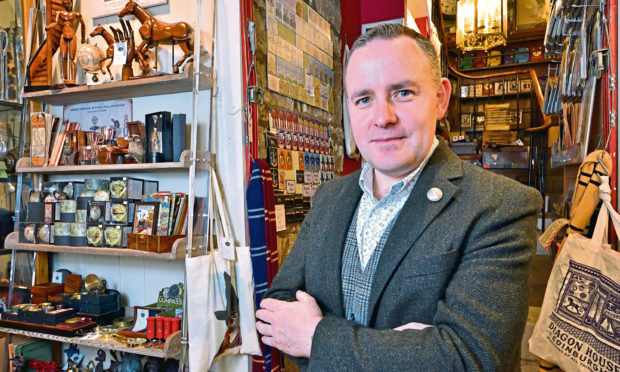A Scottish high street renaissance could be around the corner if new Scottish Government funding is complemented with local business and public sector support, according to the Federation of Small Businesses (FSB).
Following FSB campaigning, the Scottish Government has pledged £50 million for high streets in their draft budget, which will be spent by Scotland’s 32 local authorities.
The small business campaign group is urging the funds to be focussed on diversifying the hardest pressed local high streets, suggesting a new co-investment fund to improve and convert existing properties.
FSB’s calls come as Kirkcaldy’s Postings Shopping Centre is it to be sold at auction with a reserve price of £1.
Andrew McRae, FSB’s Scotland policy chair, said: “The future of many Scottish high streets depends upon finding new uses for long-empty retail properties.
“The challenge is to make our town centres not just about shopping but also attractive places for working, living and socialising.
“That might mean turning an empty bank into a restaurant, a former supermarket into office space, or a long vacant shop unit into a flat.
“While the money allocated is not sufficient to transform every high street in the country, it should kick off a national debate about the future of these important local places.
“To maximise the economic impact, councils should focus on a small number of towns, working in partnership with local business and resident groups.”
The FSB highlights that a new co-investment fund would integrate well with the Scottish Government’s relatively new ‘business growth accelerator’ rates relief, which reduces the rates burden of those that invest in their property.
In addition, they argue Ministers should put additional pressure on public bodies to locate more of their staff and services on high streets.
business@thecourier.co.uk
